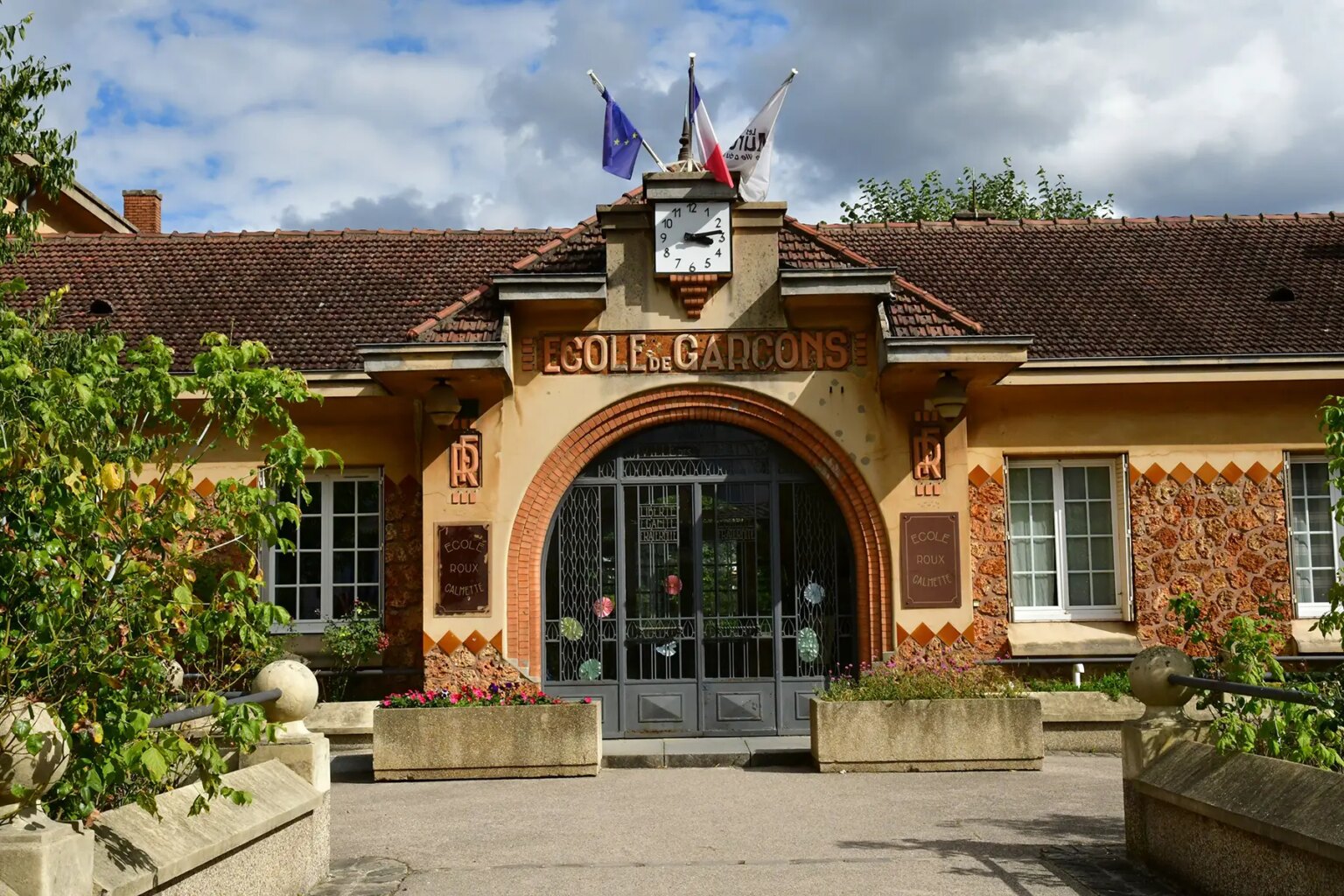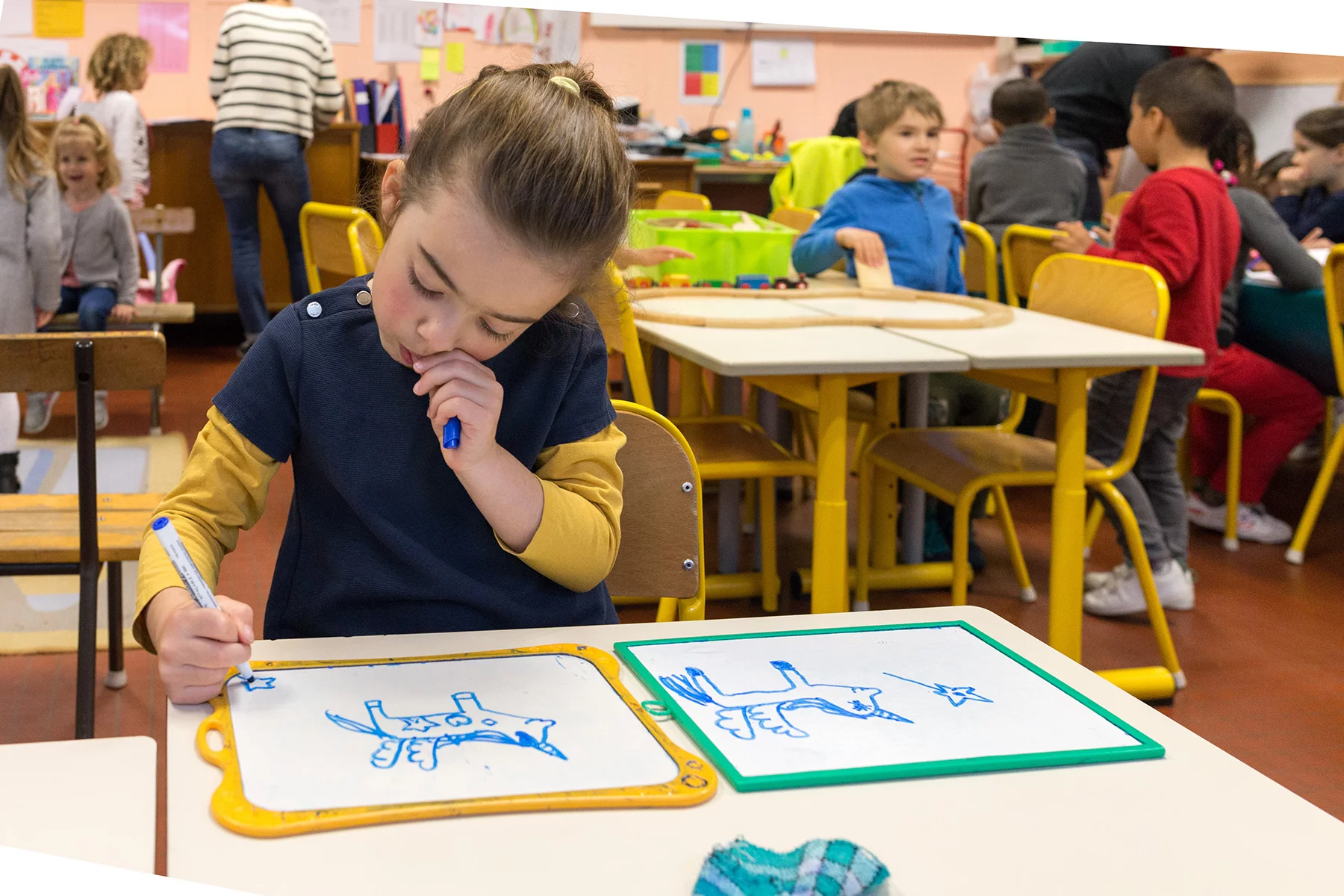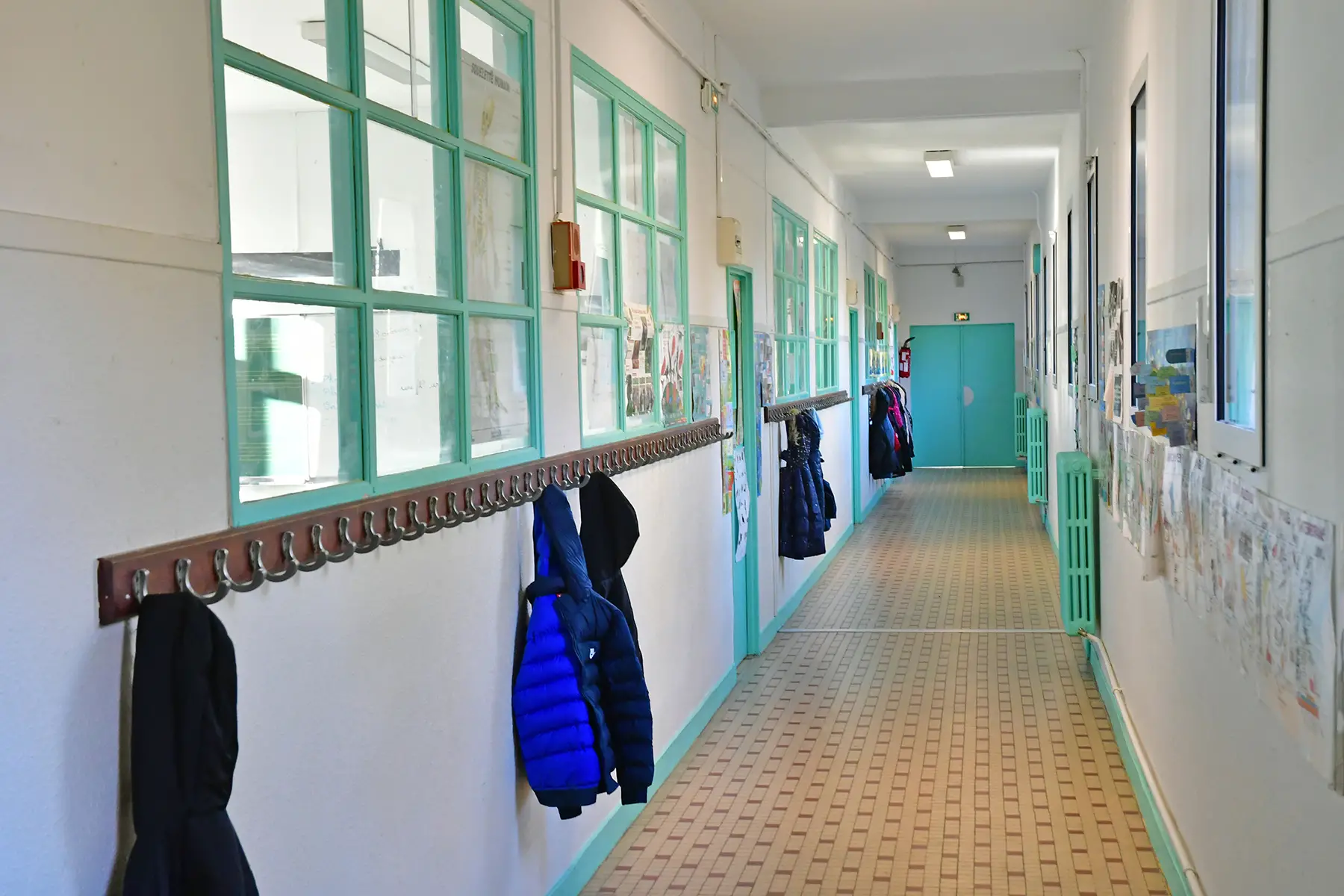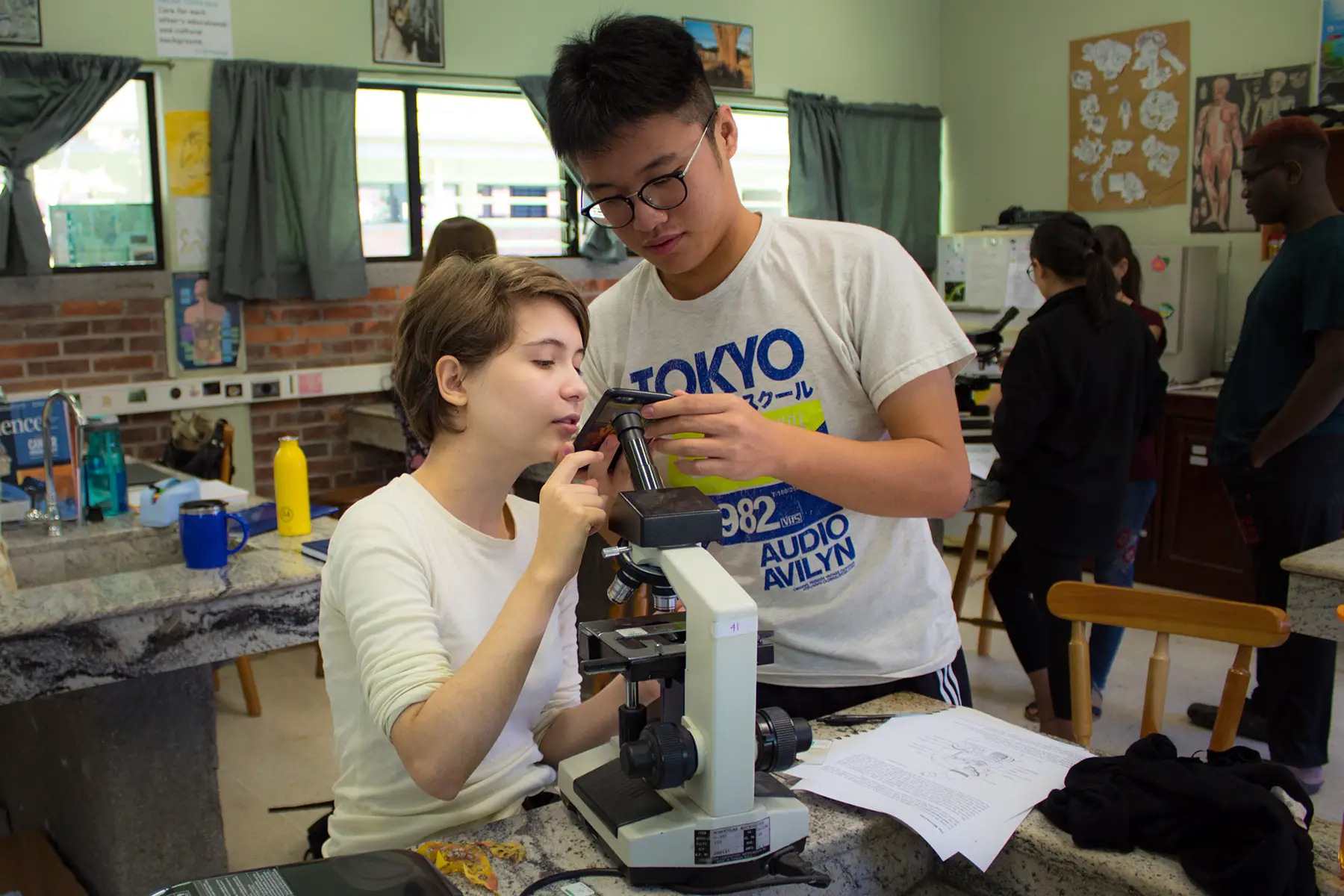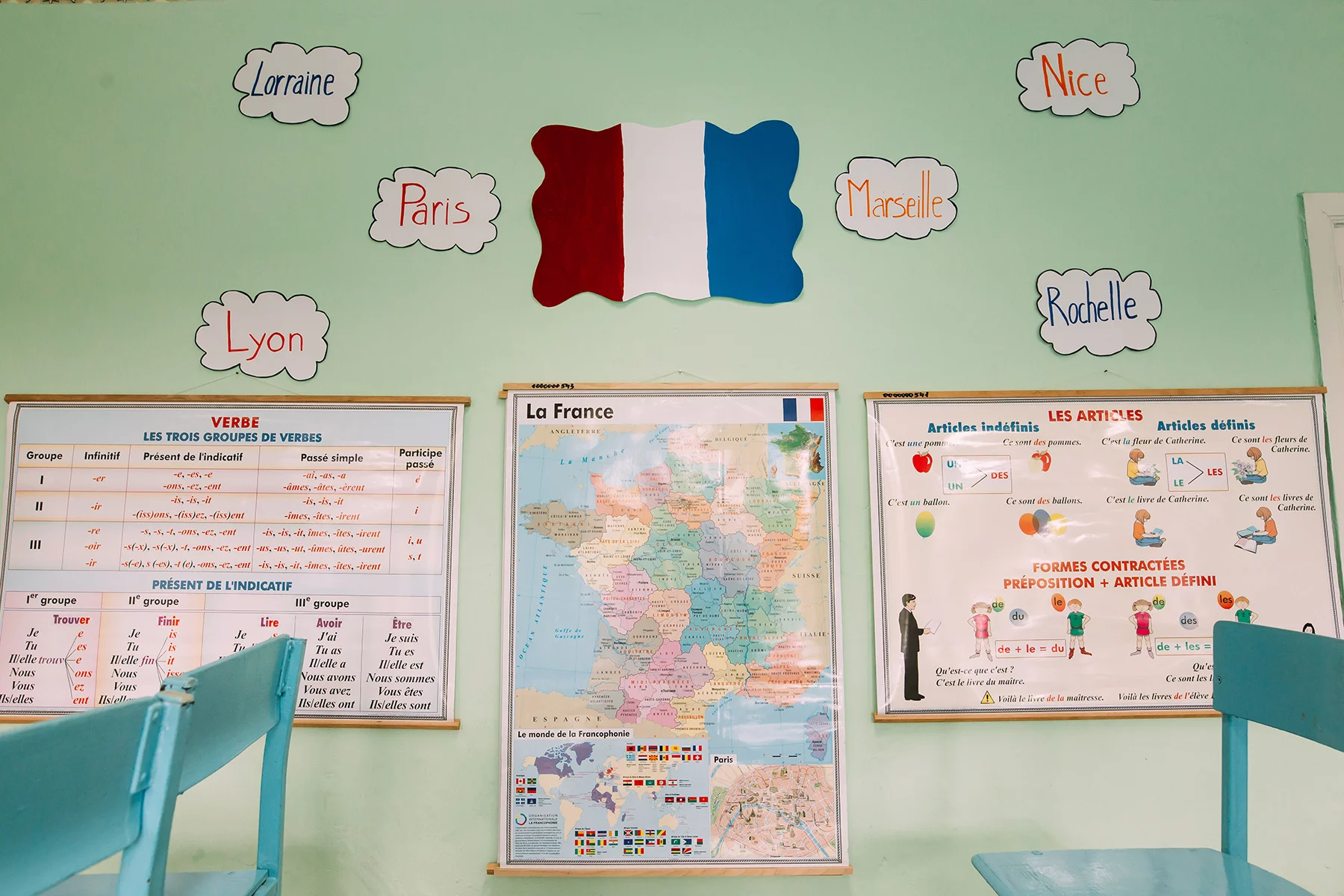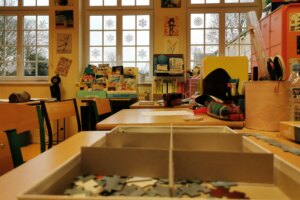If you’re an international parent living in France, you will need to find the best school for your child, whether it’s public, private, or international. However, understanding the local schooling system in the country can be a daunting task, especially if you face a language barrier. Luckily, this helpful guide is here to walk you through each level of the French education system, from preschool up to university. Along the way, we’ll also explain the financial aid and support available to expat parents.
The guide explores the following topics:
- Education in France
- Preschool education in France
- The primary school system in France
- The secondary school system in France
- Graduating in France
- Financial aid and scholarships in France
- Educational support for expat students
- Support for children with special educational needs (SEN)
- Changing schools in France
- Parental involvement in schooling
- Homeschooling in France
- Useful resources
Cigna Global
Enjoy peace of mind for your family while living in France with Cigna Global’s long-term international health insurance plans (12+ months). Get tailored coverage, direct billing with many providers, complex case management, and global care on demand, with access to a network of 1.5+ million doctors, specialists, and pediatricians.
Education in France
In France, education is compulsory for children between the ages of three and 16 and consists of four cycles:
- Preschool (écoles maternelles) – ages three to six
- Primary school (école élémentaire) – ages six to 11
- Middle school (collège) – ages 11 to 15
- High school (lycée) – ages 15 to 18
Similar to other countries, parents can opt to send their child to a private or a public school within each cycle. Naturally, there are several differences between the two. For instance, children in state schools may have to change buildings, classrooms, and teachers at each stage of their schooling. Private schools, on the other hand, tend to teach several or even all cycles within the same premises and administration.
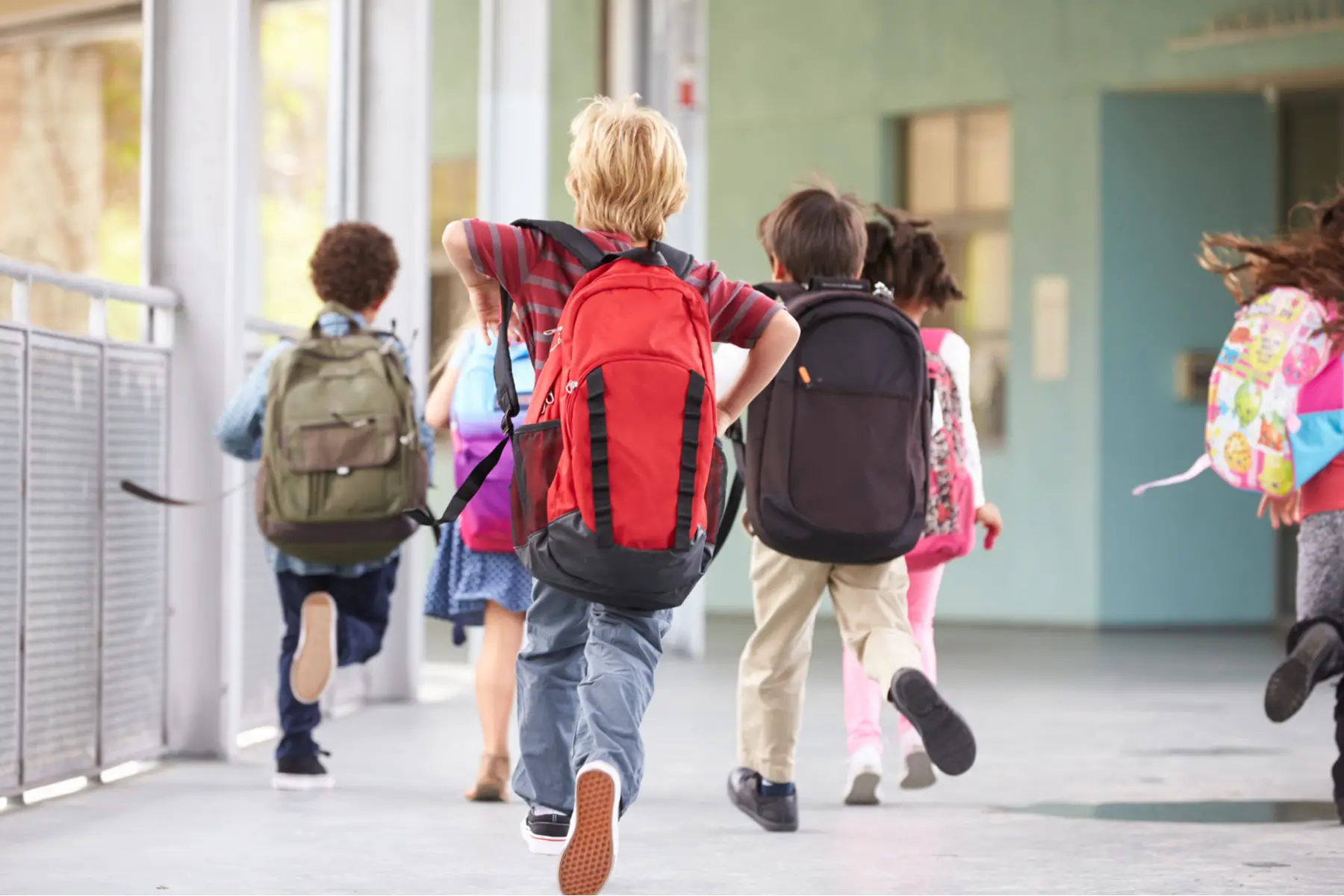
Public French schools (écoles publiques) are also free, co-ed, and secular. Conversely, private schools can choose to be single-sex or have a religious affiliation, although this represents a minority of France’s private schools. They are almost always fee-paying, although the scale varies greatly. While some public schools also offer bilingual programs, bilingual education is mainly available at private schools.
In public schools, class sizes can be large. For instance, in the early years of schooling, one teacher and a teaching assistant (sometimes) will typically look after a class of 25 children. Similarly, in secondary school, one teacher for 30 or more students is standard.
That said, French state schools generally offer a high level of education, and as a result, only a minority of children (about 20%) attend private schools.
Nonetheless, whichever route your child follows, their academic interests and grades will impact which specialist streams they choose in their secondary education. And once they graduate from high school, they can continue on to higher education, complete internships, or enter the local job market.
Preschool education in France
French preschools (écoles maternelles) provide compulsory education for children aged three to six and help prepare them for primary school. Classes develop children’s reading, writing, and numeracy skills, and sometimes include learning a foreign language. Preschools are also an excellent way for young international children to learn French.
The primary school system in France
In France, children attend primary school (école élémentaire) from the age of six to 11, and must complete five years of study:
- CP (Cours préparatoire) – ages six to seven
- CE1 (Cours élémentaire 1) – ages seven to eight
- CE2 (Cours élémentaire 2) – ages eight to nine
- CM1 (Cours moyen 1) – ages nine to 10
- CM2 (Cours moyen 2) – ages 10 to 11
Public primary schools in France
French primary schools have catchment areas, which means that your child will be assigned to a school that is close to your home. You may be able to state a preference, however, you will need to have a good reason for your child to attend a school that is outside your catchment area. Furthermore, you will need to gain permission from your local town hall (mairie) and the school inspectorate (rectorat) to do so. That said, in Paris, non-French-speaking children may secure a place in a school – outside their catchment area – that offers language integration support.
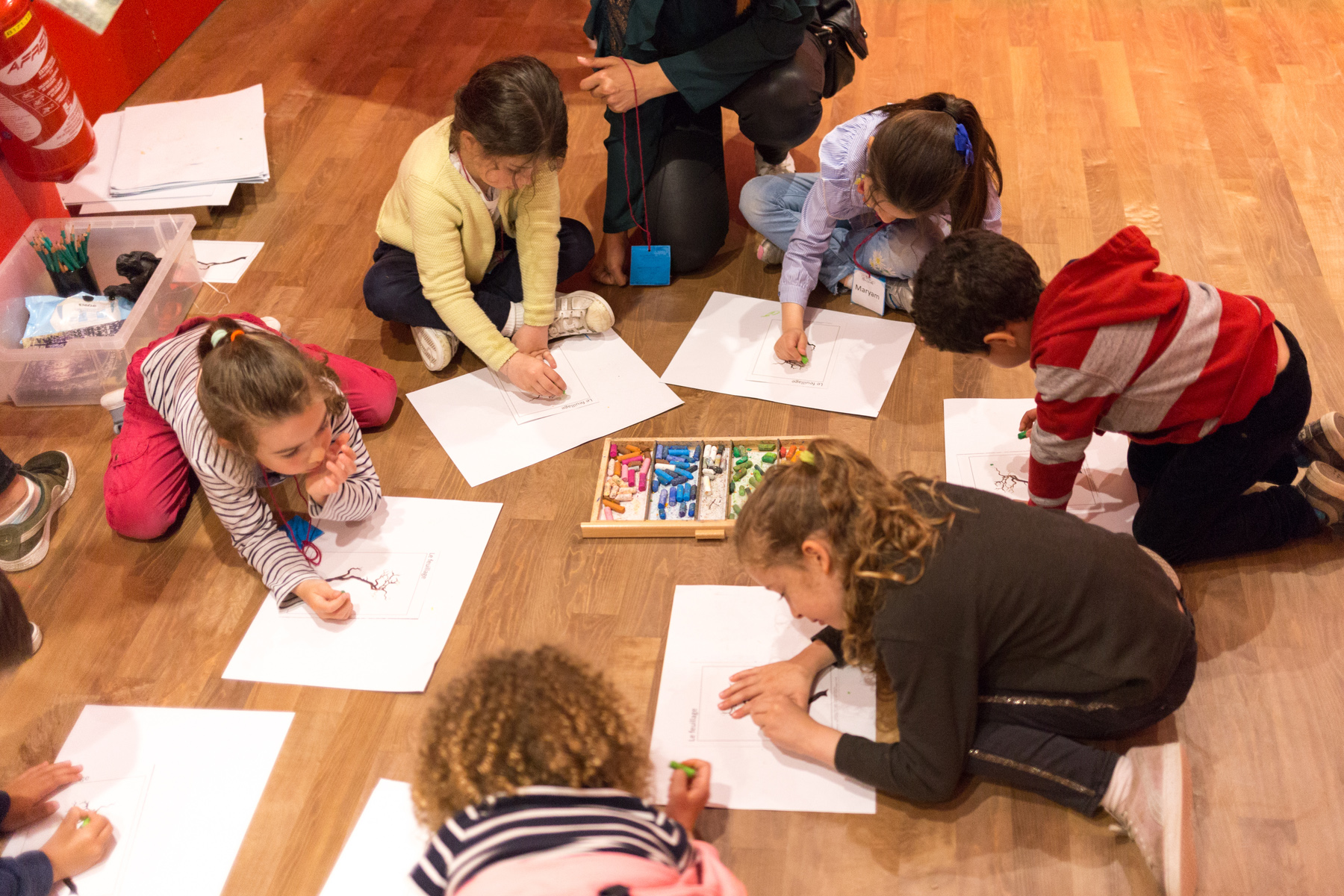
State-run primary schools in France are free, secular, and co-ed, and parents only need to pay for lunches, after-school care, and class outings. Students typically have lessons on literacy, numeracy, geography, history, and a foreign language, which is often English.
Like most European countries, the school year in France runs from September to June/July with five main holiday breaks throughout the year. Your child must enroll in school by June before the start of the school year in September.
Notably, primary schools have a certain degree of autonomy when it comes to how they organize their week. Essentially, they teach 24 hours per week, typically from Mondays to Friday, and Wednesday is a half-day. That said, a minority of primary schools (in French) have chosen to swap out Wednesday mornings for Saturday mornings or have every Wednesday off.
Private primary schools in France
Parents who choose to put their child through private education may do so for the school’s religious values, boarding facilities, or the perceived poor reputation of local public schools.
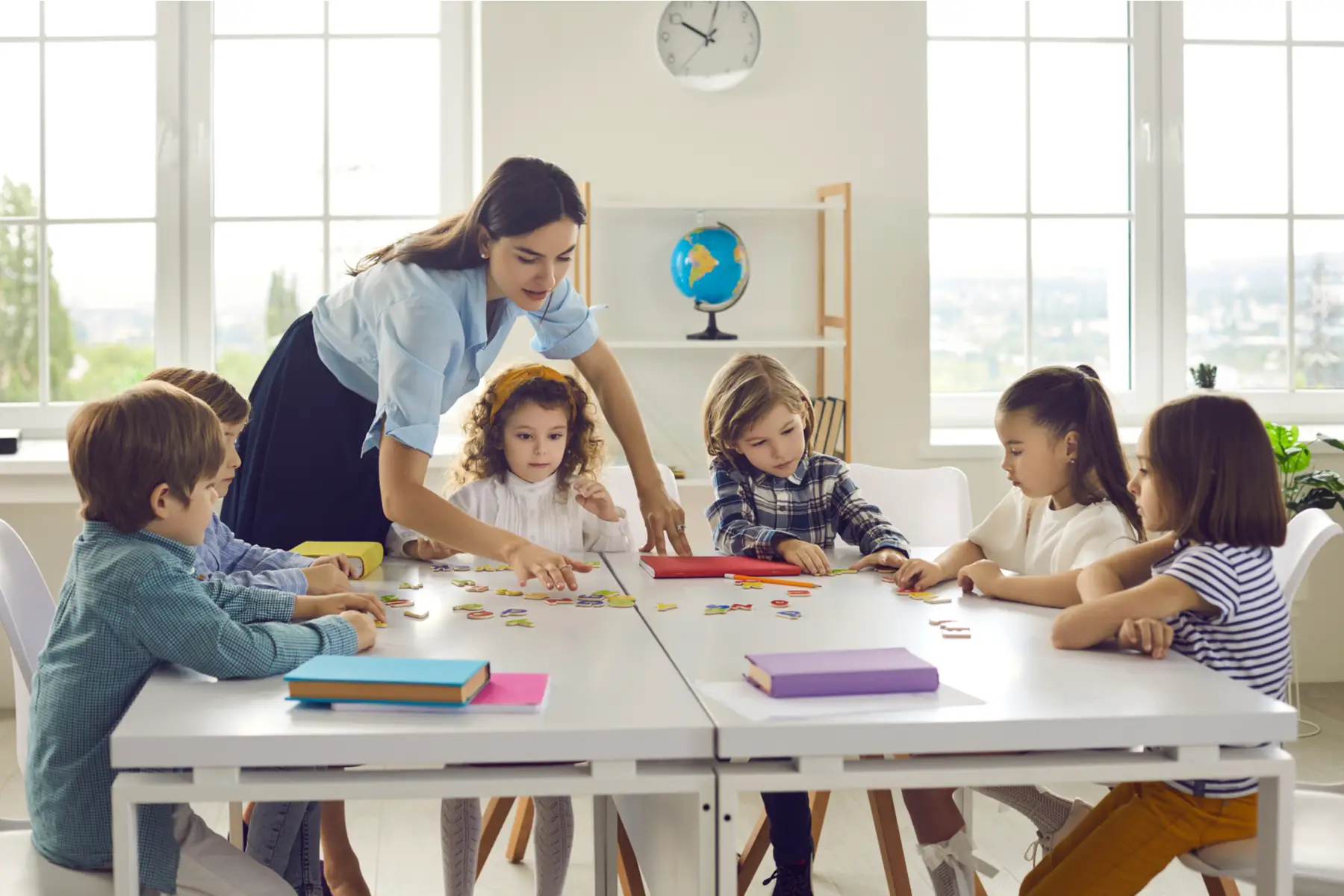
Most private schools are under contract (sous contrat) with the French government. This means that the state pays the teachers’ salaries, the school follows the national curriculum, and fees are reasonably low. That said, some private schools (écoles privées) are fully independent (hors contract). This includes some religiously affiliated schools and international schools, which may charge substantially higher fees.
Many private primary schools in France also offer an alternative teaching philosophy, including method schools that follow Montessori and Steiner-Waldorf curriculums. Moreover, private schools such as écoles éco-citoyennes, which focus on environmental learning, and écoles démocratiques, which are pupil-led with no set curriculum, have even more of an alternative approach to teaching.
The secondary school system in France
The Ministry of Education is responsible for France’s state schools. By law, all children have to go to school until they are 16. Between the ages of 11 and 15, students in France attend a middle school (collège). The vast majority of students stay in school beyond this, continuing their education until the age of 18. Students spend the last three years of secondary education at a high school (lycée). There are three types of lycée. More academic-minded students attend a lycée general or a lycée technologique, while at a lycée professionnel, students follow a more vocational education. Our guide to secondary schools in France explains collège and lycée (with its different streams) in detail.
Public secondary schools in France
Public schools in France are free, secular, and co-ed. They follow the national curriculum that is set by the Ministry of Education. Typically, these schools use more conventional teaching methods. In other words, the French education system does not encourage creative or lateral thinking.
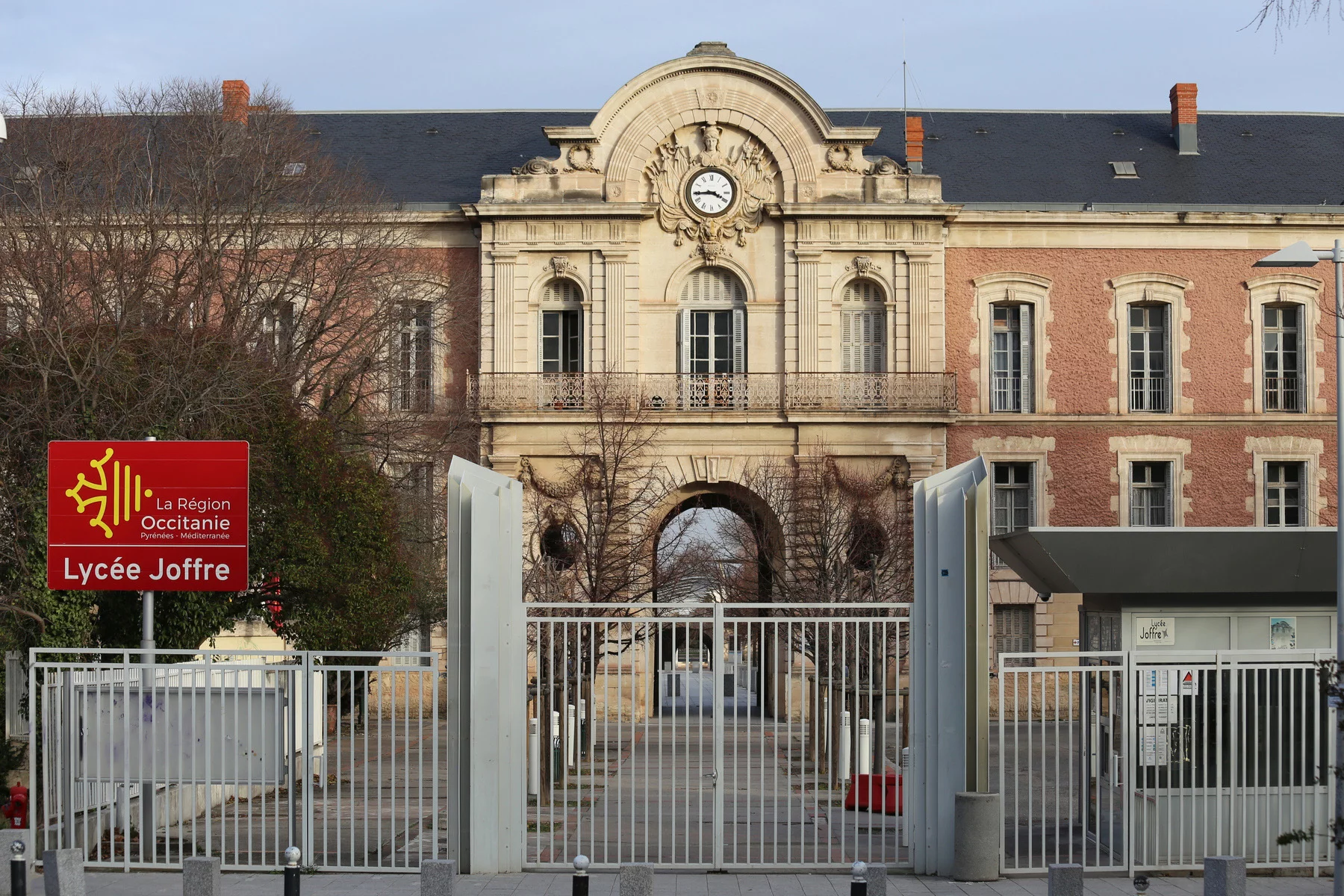
Additionally, the system does not adapt itself to the particular learning styles of different children: one-size-fits-all. The teaching style focuses on learning rules and their applications, rote learning, and repetition. Public schools emphasize the authority of the teacher and set high academic standards.
Typically, public schools encourage sports and creative activities but do not include these in the curriculum, so community or private associations primarily organize them.
Private secondary schools in France
Around 22% of secondary school students in France attend private schools. Generally, these schools are in demand as teaching is of a high standard. Additionally, they may offer bilingual or international curriculums, specific religious education, or a non-traditional educational approach. The state subsidizes most private schools, making their fees more affordable for parents.
However, some private institutions, such as international schools, may cost substantially more (€20,000 per year and above), but they also offer financial aid and scholarship which we will discuss later.

Notably, if you would like your child to study in your native language, then country-specific international schools will likely be your best option. And in France, you can choose between English schools (which teach American or British curriculums), or Swedish, Japanese, and Russian schools. That said, most of these are located in and around Paris.
The International Baccalaureate (IB) in France
The International Baccalaureate (IB) is an internationally recognized educational curriculum. IB programs are taught in over 5,400 schools across 159 countries. In total, there are 23 IB schools in France that offer either a bilingual or solely English-language education for children aged 3 to 19.
Universities around the world recognize the IB as a university admission qualification. Therefore, this is an appealing option among international parents who wish to give their children the best opportunity to study abroad once they graduate from secondary school.
Graduating in France
At the end of high school (lycée), students must sit the baccalauréat exams which assess all of their subject areas. Each subject is graded on a scale of zero to 20, and they need a grade of 10 to pass.
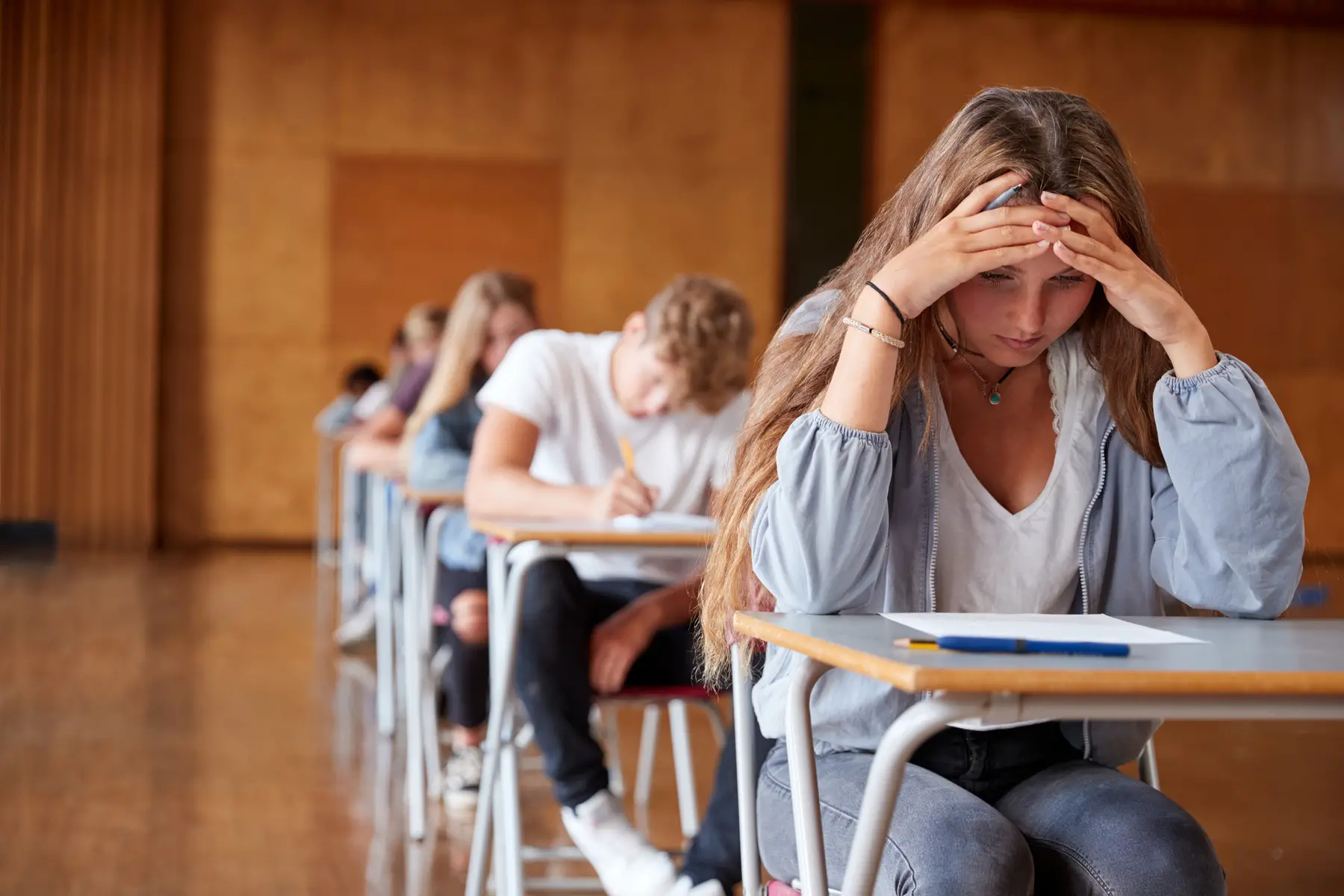
Around 75% to 80% of students currently leave high school with a bacclauréat diploma and most go on to study at a French university. Nonetheless, only 44% of students who enroll in university go on to complete a degree.
French public universities are open to all. The only requirement is that a student possesses a baccalauréat (bac for short) or equivalent foreign high school diploma. However, admission to the elite higher education institutions (grandes écoles) in France is highly competitive. Students have to take oral and written exams, and only the top-rated students gain admission. Furthermore, most of these students will have completed two to three years of preparatory classes after high school.
Financial aid and scholarships in France
State subsidies are available for low-income families from primary school (6 years) and up. Notably, the back to school allowance scheme – Allocation de Rentrée Scolaire (ARS) – can help with the costs of school materials, school meals, and the commute to school.
Depending on parental income, your child may also be entitled to a need-based financial aid scholarship (bourse). You can check whether your family is eligible on the Aide Sociale (social welfare) website. In addition, high-achieving boursier students can access merit grants. It is also worth noting that individual schools may offer academic or talent-based scholarships.
National applications for bourse scholarships differ depending on whether you are applying to a public or private school, a collège or a lycée. If your child is attending a public school, you can complete all administrative procedures through the education services portal – Scolarité Services. Conversely, for private schools, you should reach out directly to the school secretariat or administrative department to complete the necessary forms at the start of the school year.
Educational support for expat students
Suppose you’re enrolling your child into a French state school for the first time. In that case, you should contact your local CASNAV (center for the schooling of non-francophone children – in French). Specialized teachers will then meet your child to assess their competency in French, potentially English, and their level of education. Based on the assessment, they may then be placed in a class with slightly younger children or receive intense French language tuition.
Globeducate
Globeducate is a network of 60+ international schools in 12 countries. They provide a world-class bilingual K-12 education in English and other languages, with schools in Africa, Asia, Europe, and North America. Explore Globeducate schools near you, and find out how your child can become a global citizen.
These educational units are known as Unité pédagogique pour élèves allophones arrivants (UPE2A) and are taught parallel to standard classes with other French children. Teachers will evaluate your child’s progress throughout the year, with the aim of helping them to integrate into the standard curriculum within that time frame.
International students who are experiencing learning difficulties in secondary school will be mentored and receive personalized support (accompagnement personnalisé). They may have extra hours added to their timetable to improve their working methods or language proficiency. This mentoring can also help them to select a baccalauréat stream and consider their higher education options. Fortunately, the Ministry of Education offers resources in 12 languages to help non-french-speaking families integrate into the French education system.
Learning French in France
You may also want to consider arranging additional private classes for your child outside of school hours. Several institutes offer French language support for non-francophone children; for example, in Paris. Classes start at €60 per week, which includes a minimum of four hours of lessons. It might also be a good idea to explore the different French language schools located throughout France.
Support for children with special educational needs (SEN)
French public schools welcome children of all intellectual and physical abilities from the age of three. A local service, the Maison départementale des personnes handicapées (MDPH) can work out a personalized education plan for your child; this is known as a Projet personalisé de scolarisation (PPS).
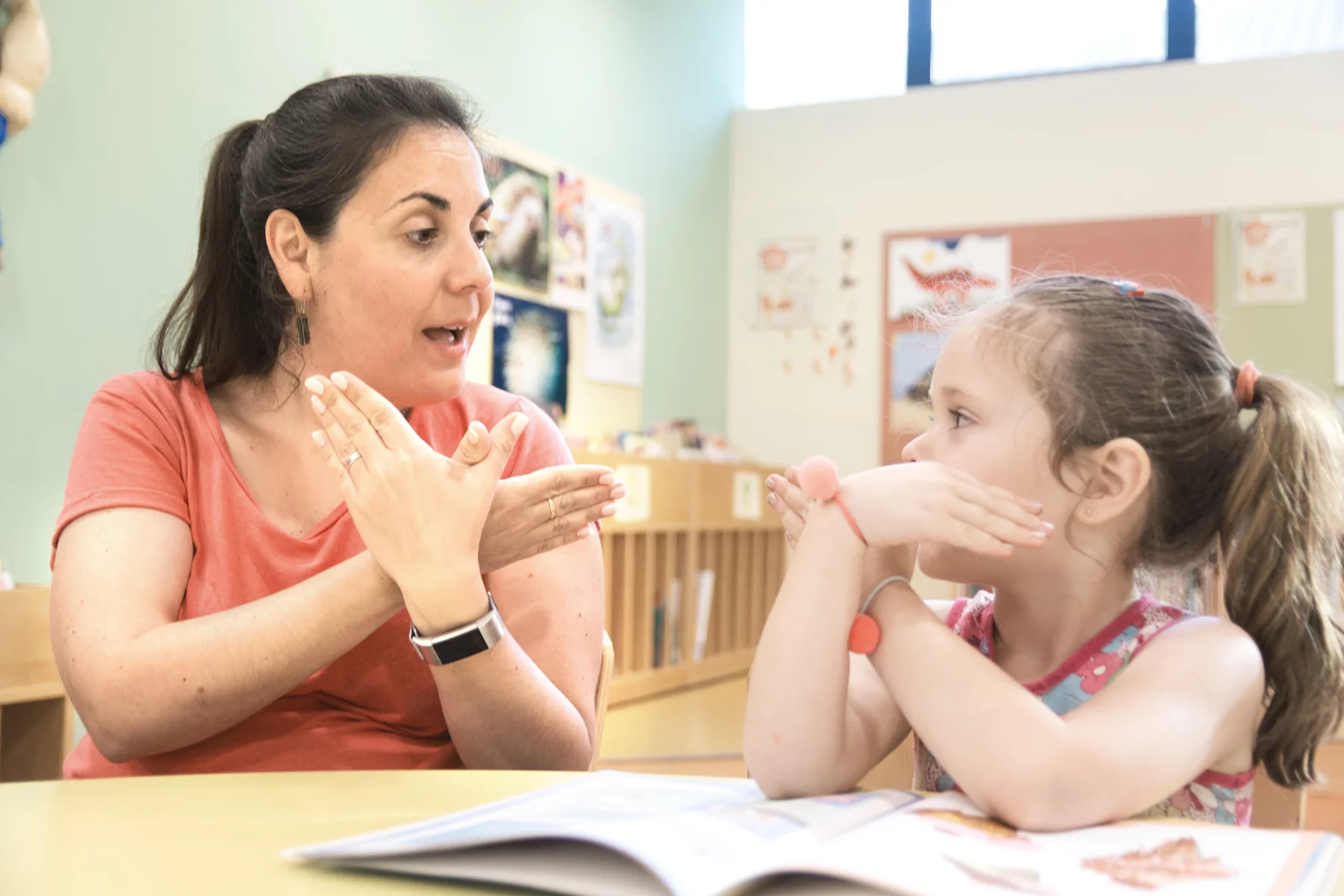
Depending on the nature of a child’s disability, they can either be homeschooled, taught in the local school within an educational inclusion unit (Unité localisée pour l’inclusion scolaire – ULIS), or hosted in a specialized educational unit called Établissement régional d’enseignement adapté (EREA).
From collège onwards, schools may also provide smaller classes with more individual assistance for children with disabilities. These are known as Segpa (Sections d’enseignement général et professionnel adapté). For hospitalized children, there is often on-site personal educational support available.
Specific resources for children with special educational needs (SEN)
Financial aid – notably the Allocation d’éducation de l’enfant handicapé (AEEH) – is also available to parents. Moreover, there is a wealth of information available for parents and students on the Service Public website and the Onisep website: the French organization that provides information and guidance about studies. Besides this, parents can call the Aide Handicap École helpline to find out more about support for children with learning disabilities.
Changing schools in France
Your child can change schools during the French school year. To do this, you must first contact the new school and make sure that a space is available for your child. Once the new school accepts your child, you can then signal this decision to the current school principal. You will receive a document known as the certificat de radiation (certificate of cancellation), which allows you to finalize the new enrollment.
However, if your child is moving from a fully independent (hors contract) private school into a public school, they will likely have to sit an exam to test their academic level. To arrange this, you will need to contact the regional school administration.
Parental involvement in schooling
Within French schools, each class typically elects one parent representative who sits on the school council meetings. Parents are also frequently called upon to accompany school outings and may be invited to talk about their work or share their skills with the class.
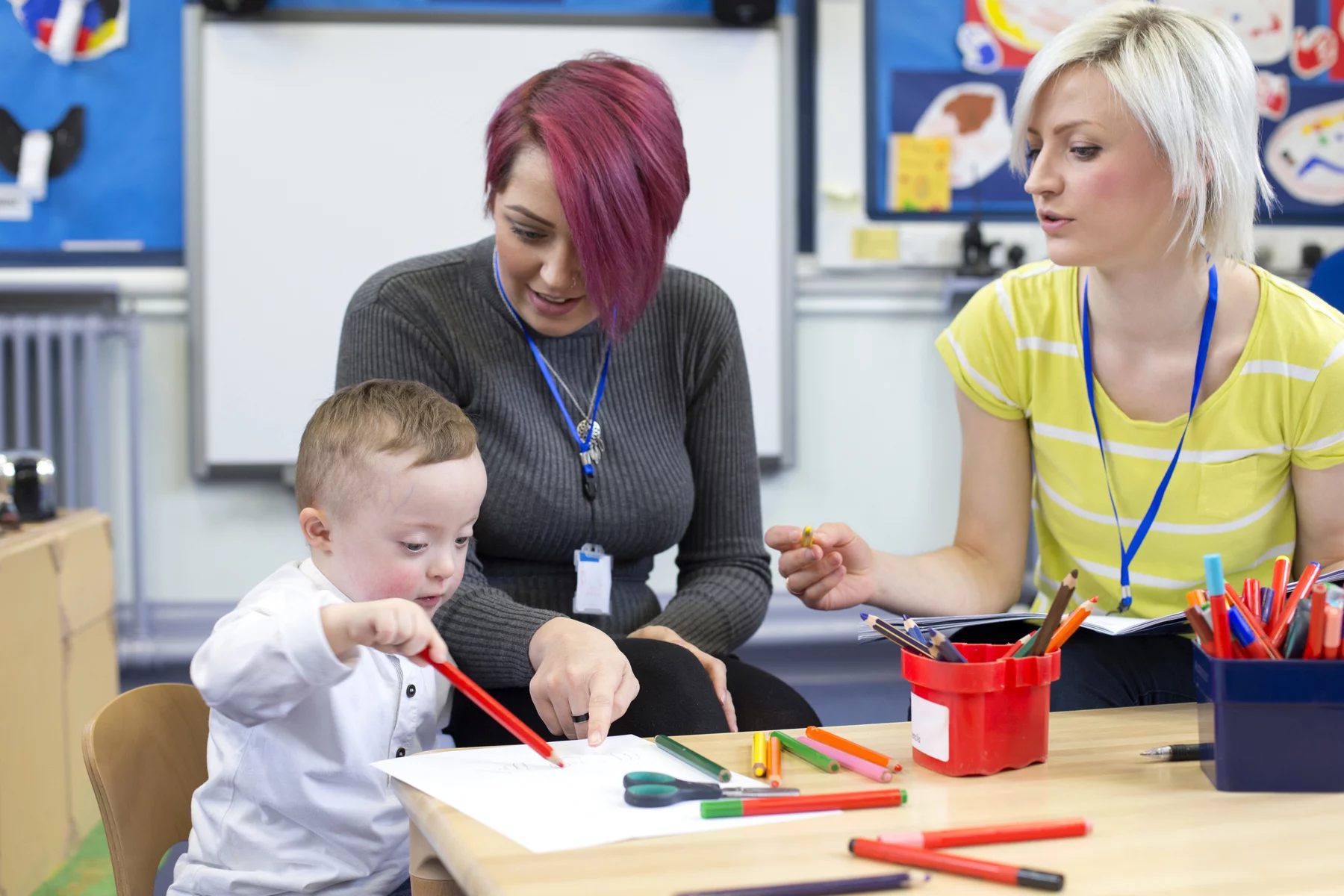
Schools might also involve parents in school life and encourage dialogue by providing an online portal for parents, called an Espace. Moreover, parents can join associations, the largest of which form national federations of parents. You can find more information about this on the Ministry of Education and Eduscol websites.
Homeschooling in France
Until recently, homeschooling was legal in France and parents merely had to declare it to the authorities each year. However, as of the 2022–2023 school year, a new law strictly limits homeschooling in the country. As a result, parents wishing to homeschool their children will have to get prior authorization.
The authorities will only accept one of four reasons for homeschooling:
- The child’s state of health or disability
- The child’s intensive practice of a sport or artistic activity
- The family’s itinerant nature
- A situation specific to the child that justifies this educational track
However, Les enfants d’abord, a French national organization for home-educating families, is combatting this new law.
Useful resources
- France Education International – an information portal that provides information about education in France (in French)
- Eduscol – the official website of the French Ministry of Education
- Aide-Sociale.fr – provides information about French social welfare, rights, and proceedings
- International Baccalaureat (IB) – the official website of the globally recognized secondary school diploma
- Diplomeo – a portal that succinctly explains the different types of diplomas, degrees, schools, and colleges in France
